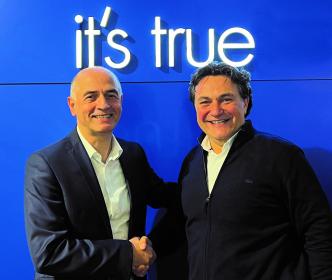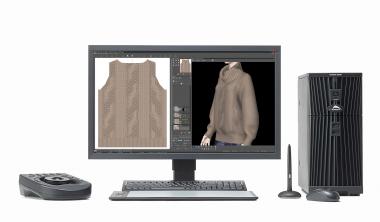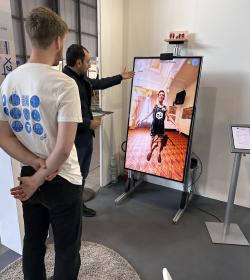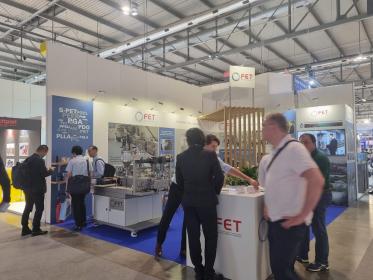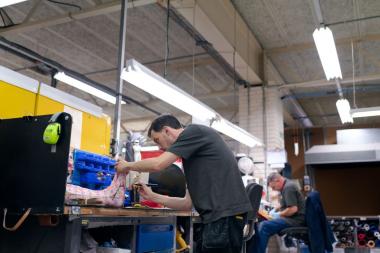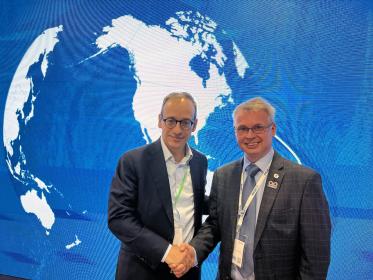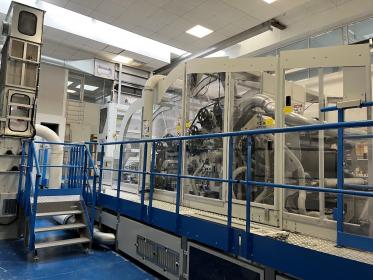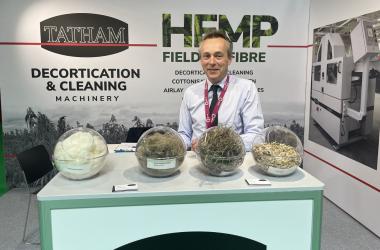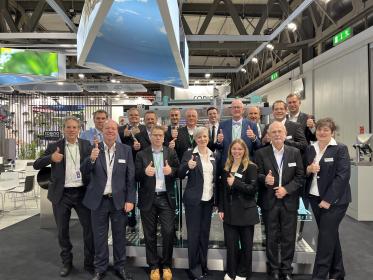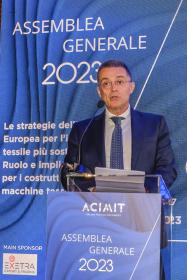Lotus Teknik Tekstil nutzt ANDRITZ Metris All-In-One-Digitalisierungsplattform
ANDRITZ erhielt von Lotus Teknik Tekstil A.Ş., Türkei, den Auftrag zur Installation einer Metris All-In-One-Digitalisierungsplattform für die neue WetlaceTM CP-Vliesstoff-Produktionslinie von ANDRITZ. Die Integration wird im September 2023 abgeschlossen sein.
Lotus Teknik Tekstil A.Ş. Produzent von Rollenware aus Vliesstoff und Mitglied der Sapro-Gruppe, ist einer der drei weltweit führenden Hersteller von Feuchttüchern.
Die von ANDRITZ entwickelte Metris All-in-One-Plattform unterstützt Industrieanlagen über deren gesamten Lebenszyklus. Sie vereint alle Funktionalitäten für ein professionelles Produktionsmanagement, Simulation und Optimierung mit modernsten Methoden der künstlichen Intelligenz sowie Cybersicherheit und Zustandsüberwachung mit intelligenten Sensoren in einem integrierten Konzept.
Die Plattform wird Lotus Teknik Tekstil dabei unterstützen, die Betriebsleistung der ANDRITZ Wetlace CP-Linie weiter zu optimieren durch
- Sicherstellung eines stabilen Produktionsprozesses mittels Datenerfassung und Prozessüberwachung,
- Senkung der Betriebskosten durch optimierte Rückverfolgbarkeit der Produktion und Energieüberwachung,
- Verbesserung der Qualität des Endprodukts durch einen stabilen Prozess und
- Reduzierung der Produktionsabfälle durch Optimierung des Rohstoffmanagements.
Andritz AG





